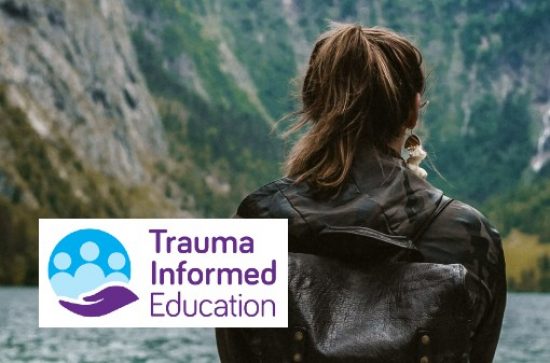
Dr Catriona O’Toole, Associate Professor, Maynooth University Department of Education in collaboration with Alcohol Action Ireland, and support from the Irish Research Council, has launched a new website: www.traumainformededucation.ie The purpose is to raise awareness of prevalence and impact of childhood adversity and build capacity for trauma-informed practice in education systems. The website aims to:
- Provide professionals with a go-to site for trustworthy information and accessible, high-quality resources.
- Facilitate collaborations with national and international researchers and organisations to advance trauma-informed approaches in education.
- Enable excellent, innovative research on trauma-informed approaches in schools and other education and community contexts
Childhood adversity
Over the past 20 years, a multitude of research from neuroscience, psychology and epidemiology has demonstrated, without question, that exposure to Adverse Childhood Experiences (ACEs), trauma (see notes), and toxic stress adversely affects the health, wellbeing and development of children, young people, families and communities. The harm can seriously impact outcomes in adulthood. International studies estimate that approximately two out of every three school-age children have experienced a potentially traumatic event by age 17. Existing evidence in Ireland shows almost 80% of children had experienced at least one adverse life event by age nine.We know that at least 200,000 children in Ireland are living in homes impacted by alcohol harm; 20% are living in poverty; over 3,000 children are living in emergency homeless accommodation; one in five experience child sexual abuse. Ireland has also experienced significant historical and institutional abuses, as well as oppression of particular groups, giving rise to intergenerational trauma in many communities, including the Traveller community. In short, childhood adversity is a reality for far too many children in Ireland.
Trauma-Informed Education
Schools are in a unique position to reach large numbers of the population and to interrupt the negative developmental trajectories associated with trauma. There is growing consensus globally that educators need to understand the impact of trauma on development, learning and behaviour. This is important, because without this knowledge, young people’s trauma responses can be seen as challenging or disruptive, leading to punitive or confrontational disciplinary procedures and, on occasion, exclusion from school. This can considerably worsen the overall situation for the child, research demonstrates that one of the biggest protective factors during childhood is education.
When educators understand that adversity has a physiological impact on children's development - making it physically and mentally difficult for them to learn or concentrate, causing them to become emotionally dysregulated, hypervigilant or withdrawn - these behaviours in the classroom are looked at in a different way.
Trauma-informed practice in schools does not mean that teachers need to do the work of professional therapists, but that they can – and often do - play a significant role in reducing and mitigating negative outcomes by providing strong, stable, and nurturing relationships and creating environments that offer a felt sense of safety. The work teachers do in this regard is to be commended, but it’s important that it is not left to individual teachers to drive cultural changes; support for a whole school approach is necessary.
